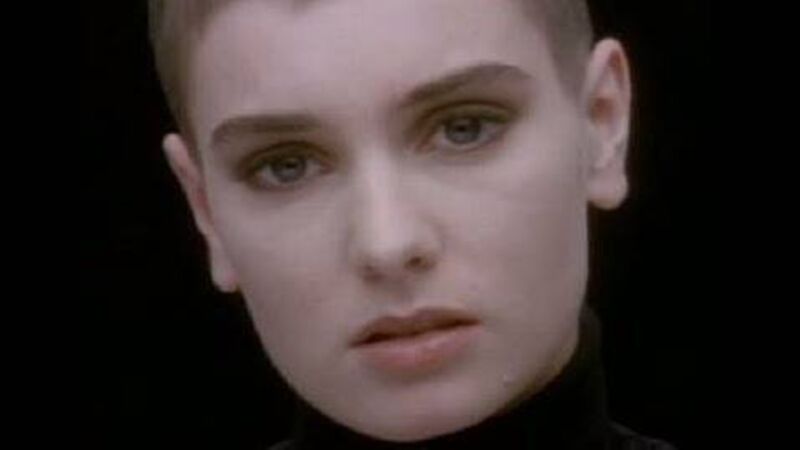Ed Power: Stunned grief at death of incomparable Sinéad

Sinéad O'Connor in a still from the video for 'Nothing Compares 2 U', one of her many iconic songs.
Nothing compared to Sinéad O’Connor. The singer, who has passed away aged 56, was an icon of Irish music — and a powerful female voice in a nation where women were historically downtrodden.
But as the country reels from the shocking news of her death, what we perhaps think of her first are her songs — the vulnerable shriek that rippled like electricity through her early hit, 'Mandinka', the heartache burnt into 'Nothing Compares 2 U', the tear she shed in the accompanying video, her definitive version of the great Celtic lament 'She Moves Through The Fair.'







